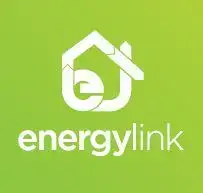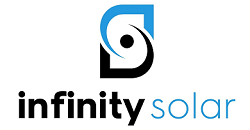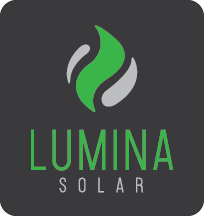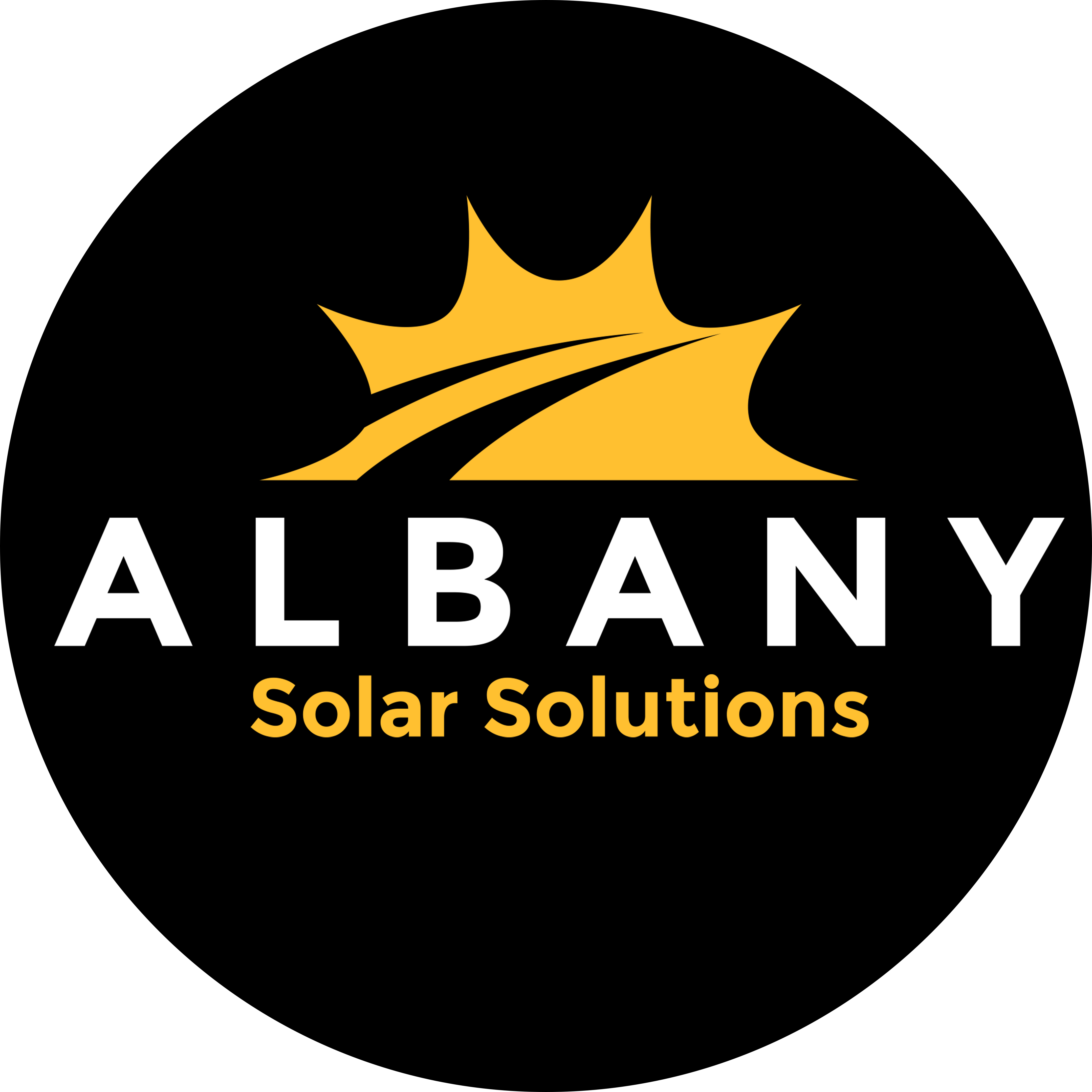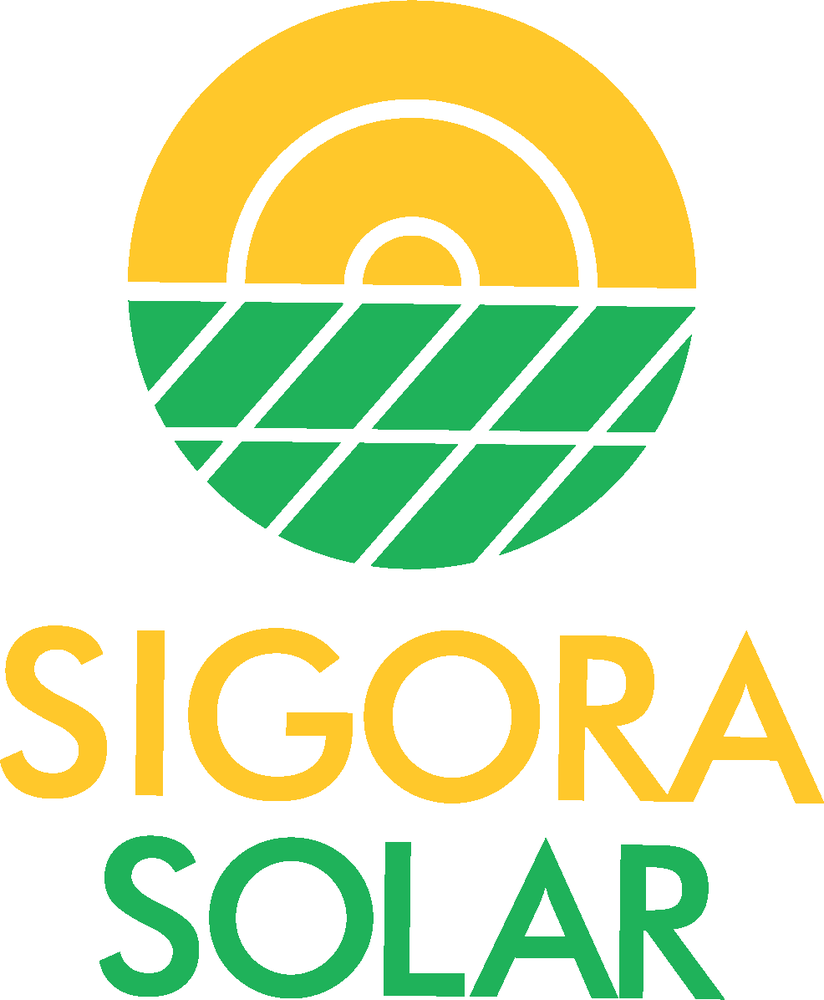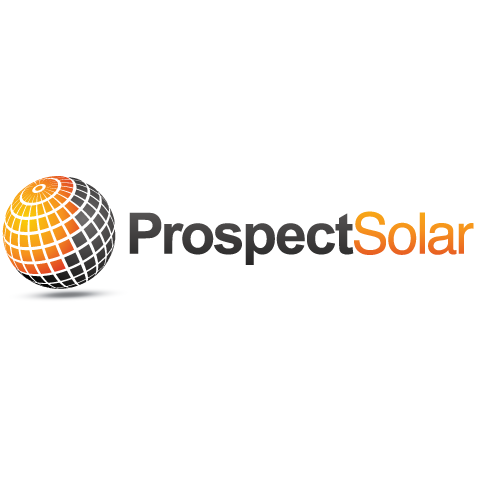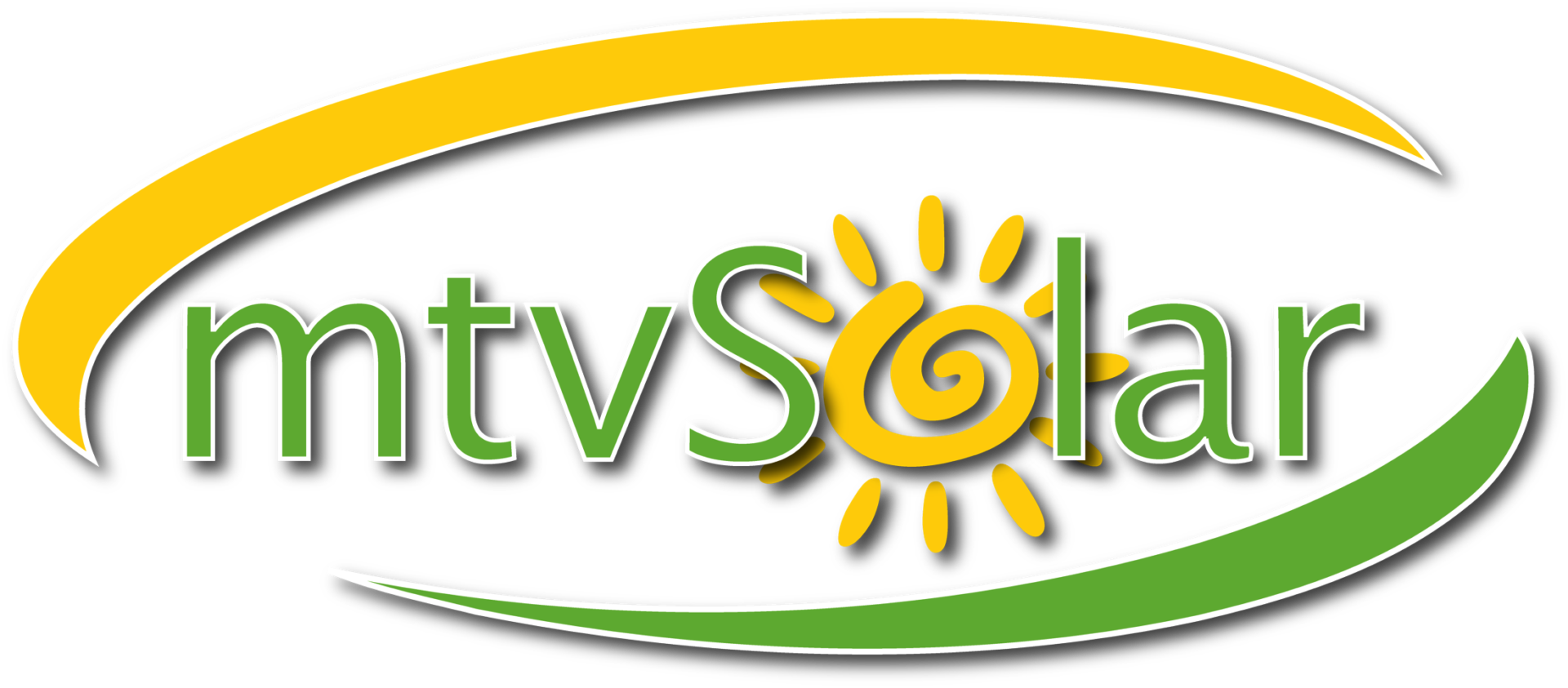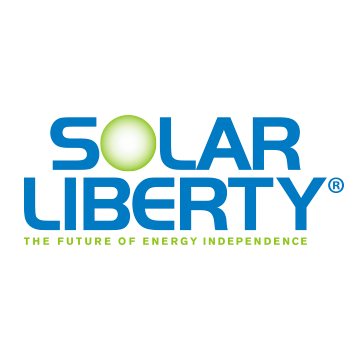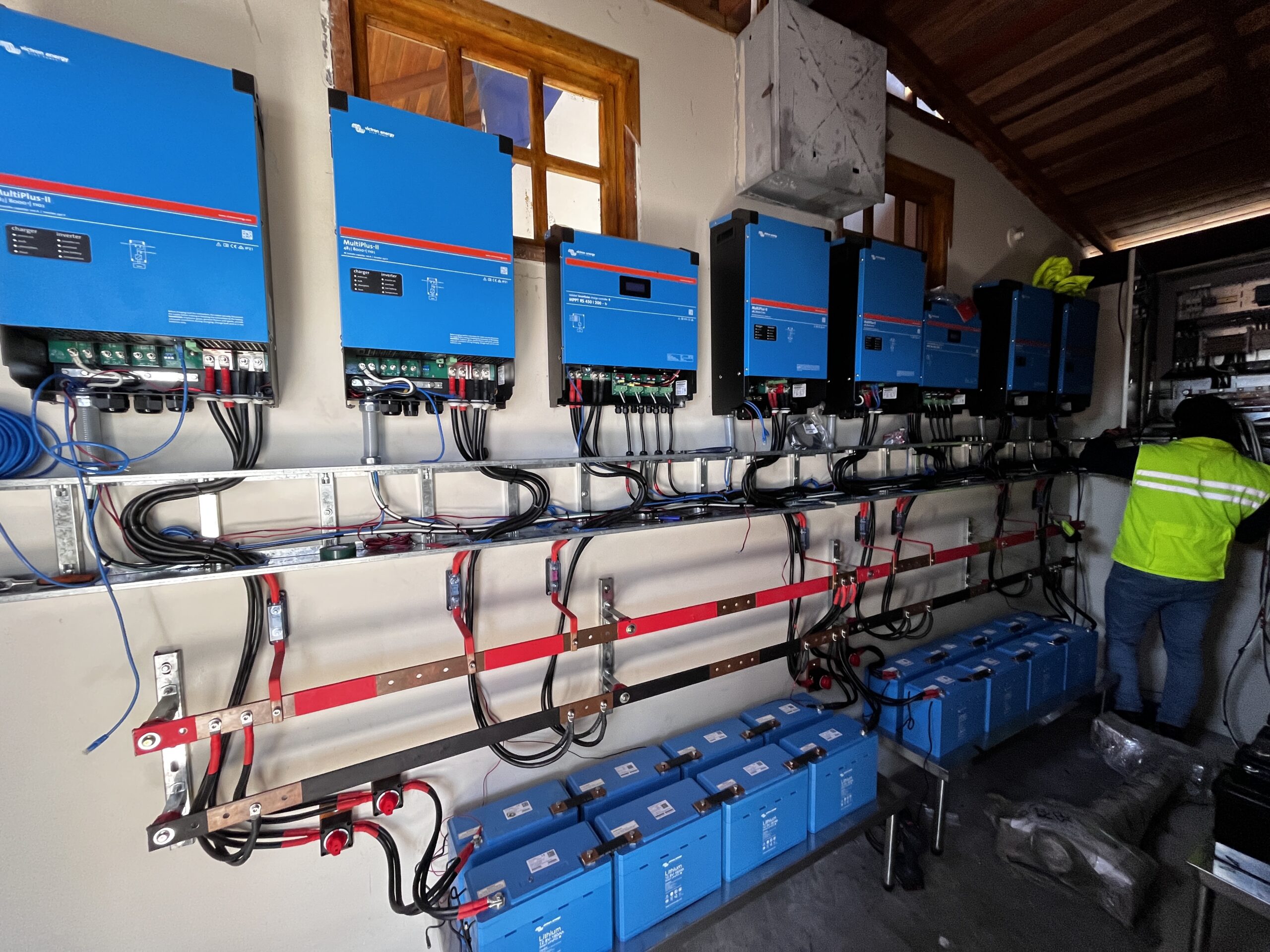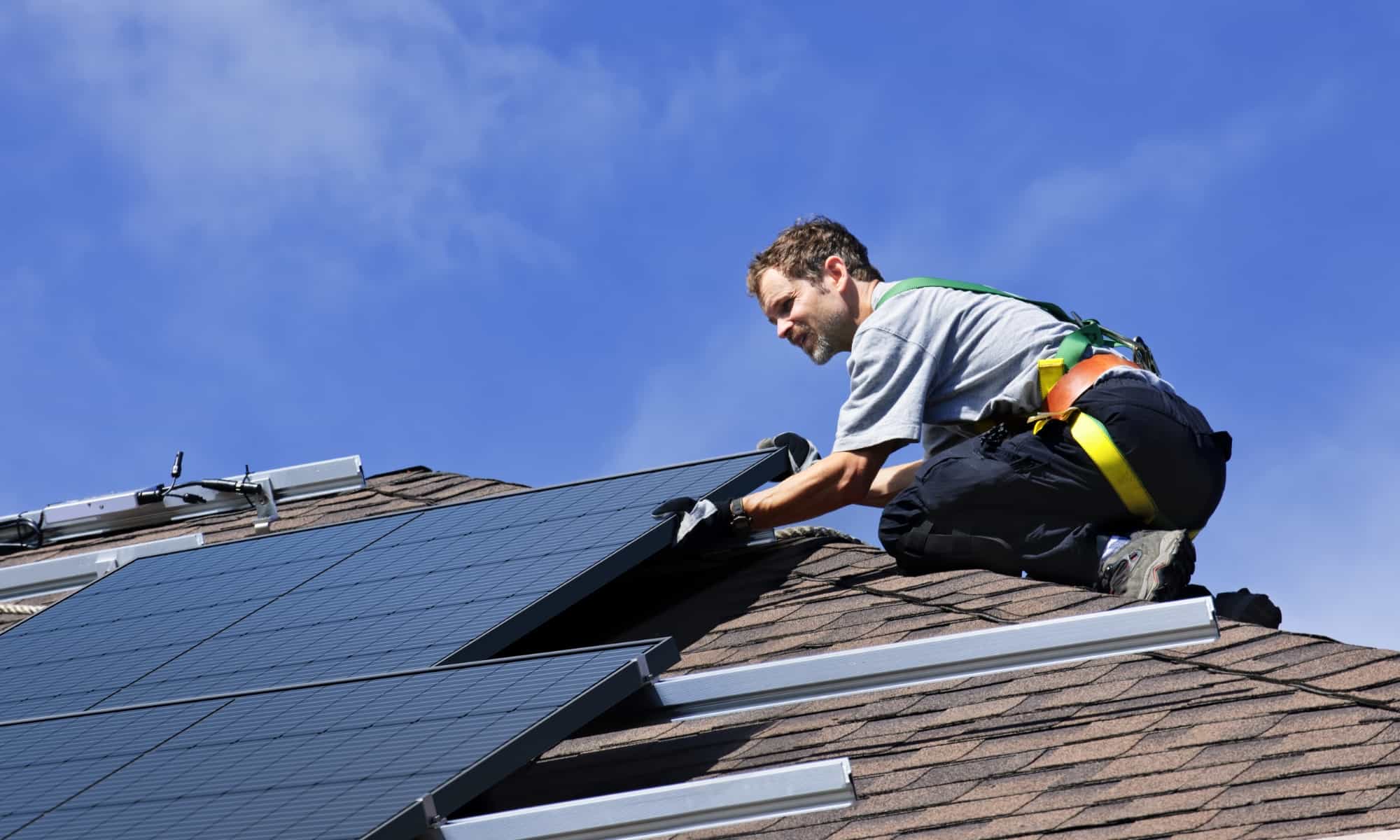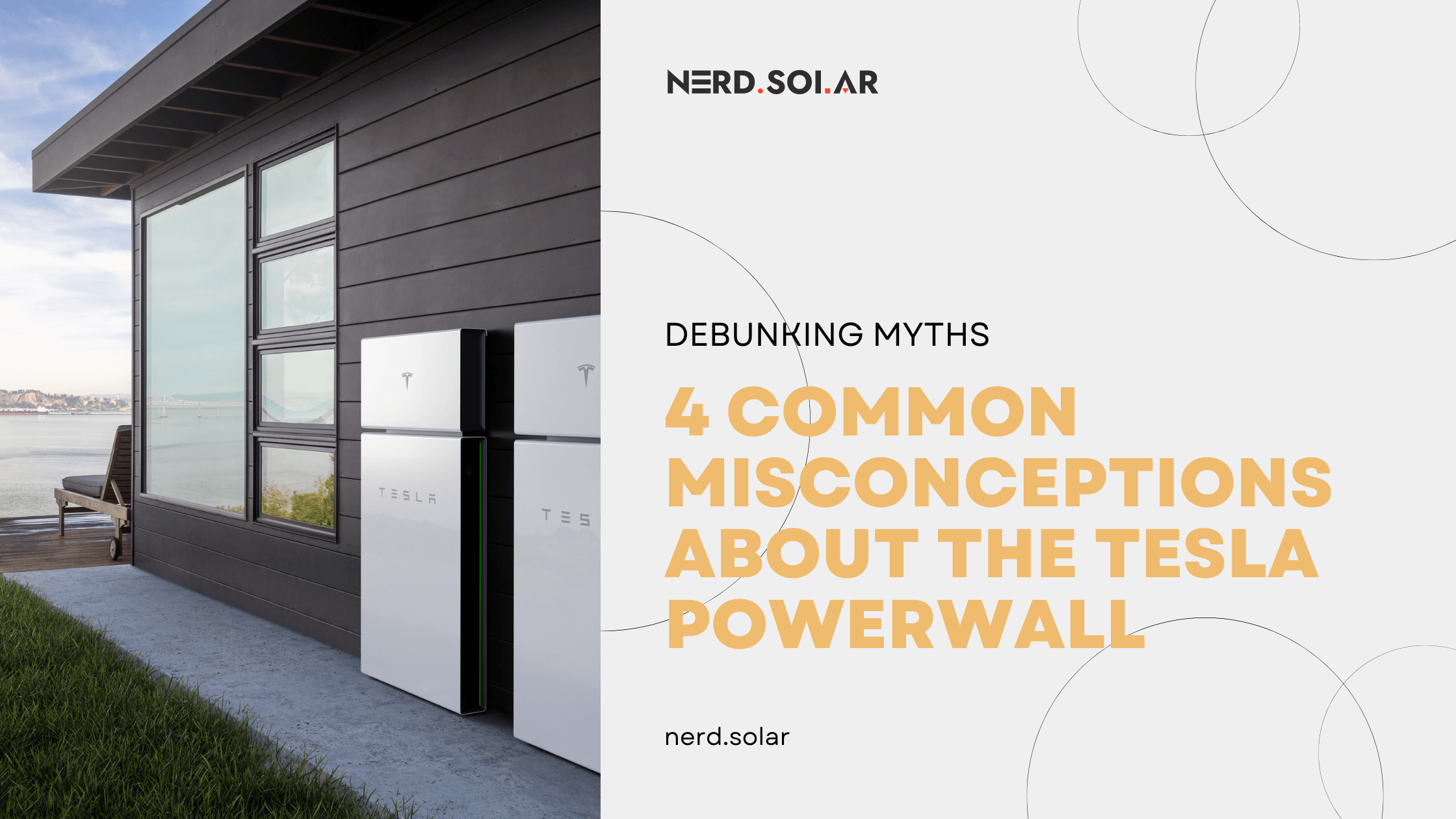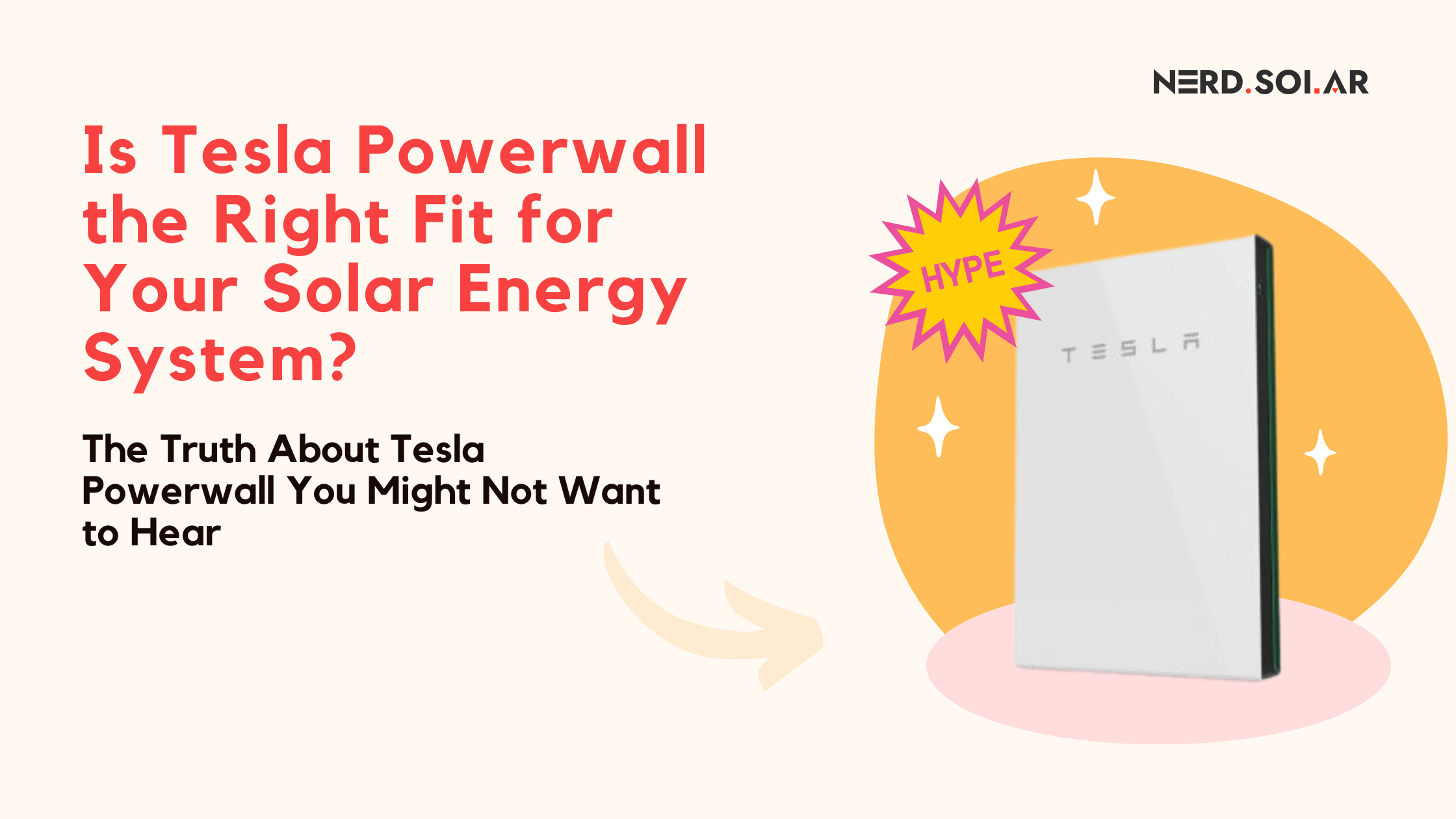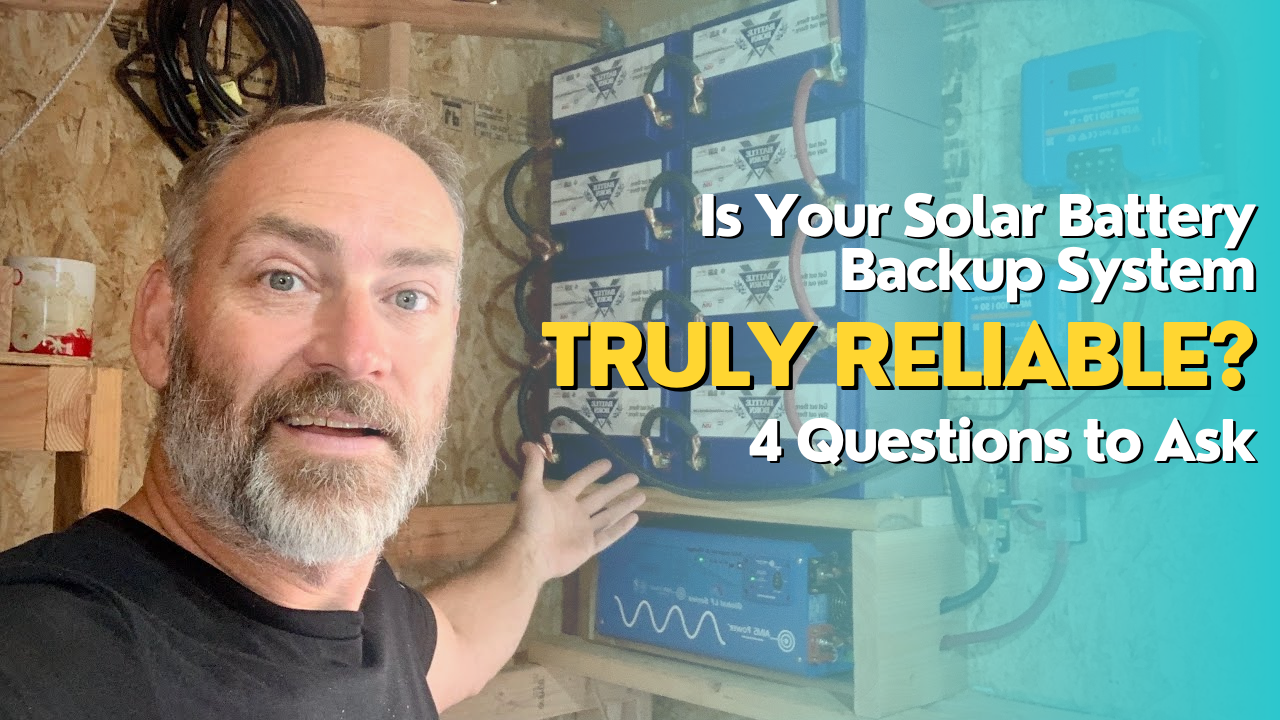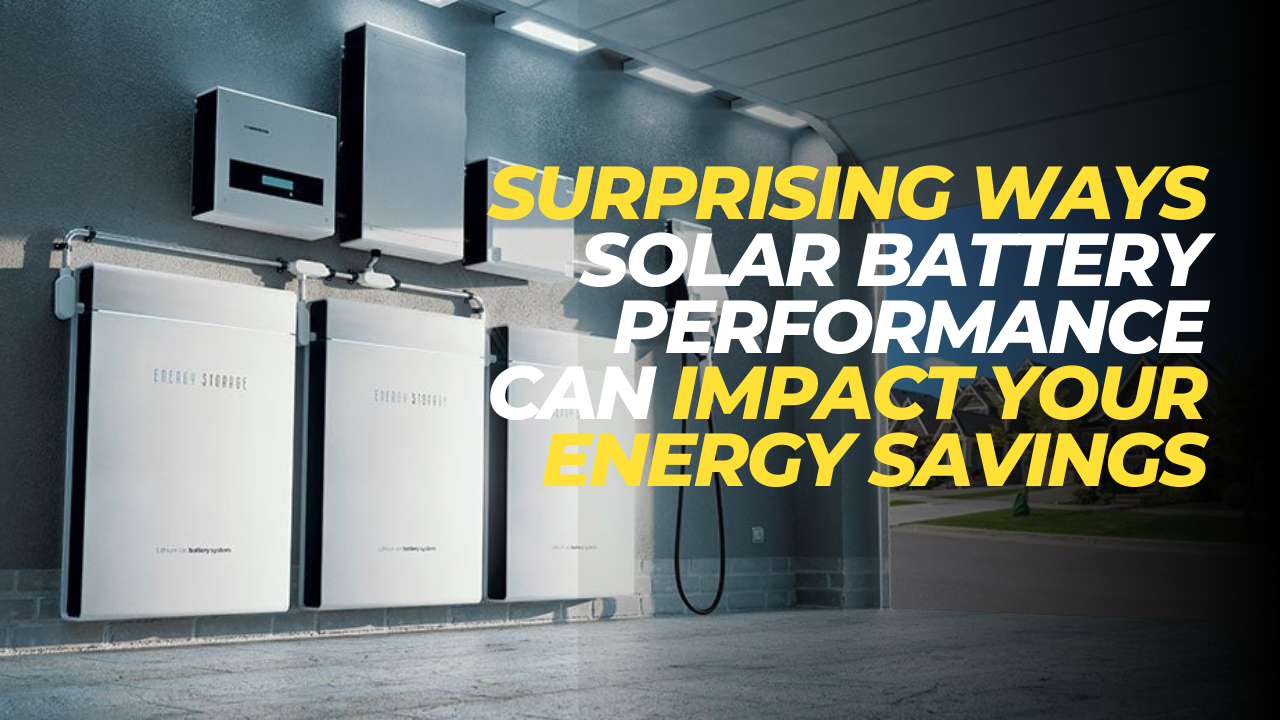How Do We Rate Solar Companies?
TL;DR: We rate solar installers from 1 to 5 stars to help you pick the best one. High stars mean they’re really good at what they do and treat their customers right. Low stars? Not so much. We give credit to companies that have been around for a while, know what they are doing, have a high standard of workmanship and equipment, don’t hire subcontractors to keep the bar of solar installation quality high and have good local reviews from real customers (yes, we check if the reviews are actually real or fake). Companies we choose as top-rated know and can help with federal and local solar incentives to help you save, have good financing plans, and guarantee their work. We’re here to point you to the solar companies that truly rock, making going solar easy and worthwhile for you.
Check our detailed review process here.
Quick Recap
- Is It Worth Going Solar in Washington DC? Yes, it is worth going solar in Washington DC due to the city’s commitment to clean energy and various solar incentives.
- How Much Does Solar Save Homeowners in Washington DC? Transitioning to solar energy allows Washington homeowners to save $1,100 on average each year.
- What Is the Average Cost of Going Solar in Washington DC? The average cost for a 5 kW solar panel system in Washington DC is around $15,625.
- Washington DC Solar Incentives Washington DC offers several solar incentives including the Residential Clean Energy Tax Credit, Solar Renewable Energy Certificates (SRECs), and the Solar For All program.
- Are There Any Community Solar Programs in Washington DC? Yes, there are community solar programs in Washington DC such as the Solar For All program and Solarize DC.
- Will Solar Increase Your Home Value in Washington DC? Yes, homes with solar panels sell for an average of 4.1% more than homes without.
- What Are the Solar Financing Options Available in Washington DC? The solar financing options available in Washington DC include cash, solar loans, or solar leases.
Is It Worth Going Solar in Washington DC?
Switching to solar power in Washington DC is indeed worth considering due to a variety of benefits, including energy savings, financial benefits, and environmental impact.
Energy Savings: Solar energy is a renewable resource, and unlike conventional forms of energy that emit carbon dioxide and other pollutants, solar energy is emissions-free. By harnessing solar energy, residents in Washington DC can enjoy substantial savings on their monthly energy bills, with typical reductions ranging from 40% to 60%. This can add up over time, allowing you to allocate your financial resources to other important priorities.
Financial Benefits: There are several financial incentives available for residents of Washington DC who switch to solar power:
- Residential Clean Energy Tax Credit (ITC): This federal tax credit can reduce your solar panel system’s cost by 30%. In Washington D.C., the average cost for a 5 kW solar panel system is around $15,625. Once you factor in the 30% credit, the cost of a solar panel system in D.C. comes down to $10,938.
- Solar Renewable Energy Certificates (SRECs): Under this program, you are granted one D.C. SREC for each megawatt-hour (MWh) of clean electricity your panels produce, which you can then sell in the SREC market. As of 2024, each D.C. SREC can sell for up to $400.
- Solar For All Program: This program aims to provide the benefits of solar electricity to 100,000 low- to moderate-income households, by reducing their electric bills by 50% by 2032.
Environmental Impact: Solar power is a clean, renewable source of energy that helps reduce greenhouse gas emissions. By installing solar panels on your home or business, you can help the District achieve its greenhouse gas emission reduction goals.
Comparison with Regular Utility: While the initial installation costs of solar electric systems may seem high, they offer substantial long-term savings, environmental benefits, and even potential increases in property value. In contrast, traditional electricity sources come with ongoing, unpredictable expenses that can accumulate over time. Moreover, sunlight is free and abundant, making solar power more cost-effective than standard electricity.
While the initial investment for solar can be high, the long-term benefits in terms of energy savings, financial incentives, and environmental impact make it a worthwhile consideration for many homeowners in Washington DC. However, the decision to go solar should be based on individual circumstances including the home’s location, roof condition, and the homeowner’s financial situation. It’s always a good idea to consult with a solar professional to get a detailed understanding of the costs and benefits.
How much does solar save homeowners in Washington DC?
Average Cost of Electricity in Washington DC: The average residential electricity rate in Washington DC is 12.63¢ per kilowatt-hour (kWh). This is lower than the national average of 13.15¢ per kWh. On average, Washington D.C. residents spend about $159 per month on electricity, which adds up to $1,908 per year.
Savings with Solar Panels: Solar panels can significantly reduce or even eliminate these costs. Based on the intensity and amount of sunlight hours in Washington D.C., the average electricity customer in Washington D.C. will need an 8.7 kilowatt (kW) solar panel system to offset 100% of their annual electricity consumption of 12,240 kWh per year. The average cost for a 5 kW solar panel system in Washington D.C. is around $15,625. Once you factor in the 30% federal tax credit, the cost of a solar panel system in D.C. comes down to $10,938.
Assuming an 1.5% annual increase in electricity prices and that you install your system with a $0-down loan, you can expect to save $1,900 in your first year, $9,800 over five years, $20,400 over 10 years, and $44,000 over 20 years on electric bills in Washington D.C.
What is the average cost of going solar in Washington DC?
The average cost of going solar in Washington DC varies depending on the size of the solar panel system. Here’s an overview of the costs for different system sizes:
- 3 kW system: The average cost is $9,564 before incentives, and $6,694 after the federal investment tax credit (ITC).
- 4 kW system: The average cost is $12,751 before incentives, and $8,926 after the ITC.
- 5 kW system: The average cost is $15,939 before incentives, and $11,157 after the ITC.
- 6 kW system: The average cost is $19,127 before incentives, and $13,389 after the ITC.
- 7 kW system: The average cost is $22,315 before incentives, and $15,620 after the ITC.
- 8 kW system: The average cost is $25,503 before incentives, and $17,852 after the ITC.
- 9 kW system: The average cost is $28,691 before incentives, and $20,083 after the ITC.
- 10 kW system: The average cost is $31,878 before incentives, and $22,315 after the ITC.
The potential output and efficiency of a solar panel system depend on several factors, including the size of the system, the angle and direction of the roof, and the amount of sunlight the location receives.
For example, a typical solar panel might produce around 200 to 340 watts under ideal conditions. Therefore, a 5 kW system could potentially produce around 5,000 to 8,500 watts under ideal conditions.
*Keep in mind that these are average figures and the actual cost can vary depending on several factors such as the specific solar panels you choose, the installation company, and the complexity of your roof.
Washington DC Solar Incentives
Here’s a detailed overview of the incentives and rebate programs available to homeowners in Washington DC who install solar panels:
Federal Solar Incentives: The federal government offers the Residential Clean Energy Tax Credit, also known as the Federal Investment Tax Credit (ITC). This tax credit can reduce your solar panel system’s cost by 30%. Your entire system, including all the equipment, labor, permitting, and sales tax, qualifies for this tax credit. In Washington D.C., the average cost for a 5 kW solar panel system is around $15,625. Once you factor in the 30% credit, the cost of a solar panel system in D.C. comes down to $10,938. You can claim this incentive as a credit towards your federal tax bill when you file your taxes.
Statewide Solar Programs in Washington DC: The District of Columbia has several programs to encourage solar energy use:
- Solar Renewable Energy Certificates (SRECs): Under this program, you are granted one D.C. SREC for each megawatt-hour (MWh) of clean electricity your panels produce, which you can then sell in the SREC market. As of 2024, each D.C. SREC can sell for up to $400.
- Solar For All Program: This program aims to provide the benefits of solar electricity to 100,000 low- to moderate-income households, by reducing their electric bills by 50% by 2032. Eligible residents can participate in Solar for All through the single-family solar or community solar programs if their household income is at or below 80% of the area median income (AMI) threshold.
Local Incentives in Washington DC: Local incentives vary by area, but many localities offer additional incentives to go solar. For example, the DC Sustainable Energy Utility (DCSEU) helps DC residents and businesses use less energy and save money. Since 2011, the DCSEU has delivered financial incentives, technical assistance, and information to tens of thousands of District residents and businesses, helping them to save millions of dollars on their energy costs.
Please note that these incentives and programs are subject to change, and it’s always a good idea to check with local solar installers or the relevant government agencies for the most up-to-date information.
Net Metering Policies in Washington DC
Net metering is a policy that allows homeowners and businesses to generate their own electricity, typically through solar panels, and sell any excess power back to the grid12. Here’s how you can benefit from net metering in Washington DC:
- Lower Energy Bills: By participating in the net metering program, homeowners and businesses can reduce their overall energy bills by earning credits for any excess energy. During the day, most solar customers produce more electricity than they consume; net metering allows them to export that power to the grid and reduce their future electric bills.
- Increased Energy Independence: Net metering allows homeowners and businesses to become more energy independent by producing their own electricity. It reduces their dependence on the traditional energy grid and helps to promote the use of renewable energy sources.
- Environmental Benefits: Solar energy is emissions-free, so by generating your own solar power, you’re helping to reduce greenhouse gas emissions and combat climate change.
- Grid Reliability: When many buildings in an area produce their own solar power, it can help make the entire power grid more reliable.
- Financial Incentives: Washington D.C. has a net metering policy that credits you for the extra electricity your system produces. This allows you to use those credits when your system doesn’t generate enough power. As of 2024, each D.C. Solar Renewable Energy Certificate (SREC) can sell for up to $400.
Net metering in Washington DC provides a range of benefits, from financial savings and energy independence to environmental stewardship and grid reliability. It’s a great way to maximize the benefits of your solar panel system.
Are There Any Community Solar Programs in Washington DC?
Yes, there are several solar community programs available in Washington DC. Here are some of them:
- Solar for All Program: This program aims to provide the benefits of solar electricity to 100,000 low- to moderate-income households in the District. The program intends to reduce their electric bills by 50% by 2032. Eligible residents can participate in Solar for All through the single-family solar or community solar programs if their household income is at or below 80% of the area median income (AMI) threshold.
- Solarize DC: This is a community-based outreach initiative to bring solar power to District residents in their homes and businesses throughout the city. DOEE has teamed up with EnergySage to help District residents make the switch to solar energy by installing solar panels on their property or subscribing to a local community solar farm.
- Solar Switch Program: As part of its first Solar Switch Capital Area program, DOEE is helping homeowners and small businesses to get a quality rooftop solar installation. Using group buying and the nonprofit Solar United Neighbors’ expertise, Solar Switch makes sure participants get a great deal on solar and battery storage.
To take advantage of these programs, you can follow these steps:
- Check Your Eligibility: For the Solar for All program, your household income must be at or below 80% of the AMI threshold.
- Apply for the Program: You can apply directly through the DOEE for the Solar for All program. For the Solarize DC and Solar Switch programs, you can reach out to the DOEE team.
- Choose the Right Option for You: Decide what is best for you — buying or leasing the solar system, or subscribing to community solar.
- Installation: Once your application is approved, the solar panels will be installed on your property or you will be subscribed to a local community solar farm.
Remember, it’s always a good idea to consult with a local solar installation company or the relevant government agencies for the most up-to-date information.
